Understand The Most Used Terms In The World Bitcoin

Increasingly Bitcoin becomes the agenda of talks between business and people all over the world, but there are some terms that are used in this universe that are still unknown to many people. We prepared a list of commonly used terms in the world of bitcoins for you to stay in Bitcoinês playmaker. Follow.
Address (address)
A bitcoin address is used to receive money in a transaction in the Bitcoin network. It consists of a string of numbers and letters, that can also be represented in a QR Code .
Alone, the bitcoin address is used only to receive, so you can pass it to anyone without risk that it has access to your funds. Just as you inform your agency and bank account to receive a payment.
A portfolio of modern bitcoin typically stores various bitcoin addresses along with their private keys. Usually bitcoin addresses begin with the number 1 or 3, like
bit
Bit is a unit to designate a subunit of bitcoin. Thus, each bitcoin consists of 1 million bits. This unit is more common in purchasing products or services.

Block
A bitcoin block is where the bitcoin transactions are recorded. When someone creates a bitcoin transaction, it is propagated throughout the network bitcoin quickly and is waiting to be included in a block by a miner, along with other pending transactions.
When included in a block occurs, the transaction is now considered "confirmed".

Blockchain
The blockchain - also known as "distributed ledger" (distributed ledger) - is a public record of Bitcoin transactions.
Registration is done in chronological order, being shared among all Bitcoin users. It contains a record of all transactions that have occurred in the history of Bitcoin, since the first one in January 3, 2009.
It is used to ensure a permanent and unchangeable record transactions, prevent fraudulent transactions and avoid the problem of double spend.
With use of cryptographic properties, bitcoin each block makes reference to the previous block so that any tampering least in a previous block does not invalidate only one block, but all subsequent blocks.
It is this property that gives the unchangeable character to blockchain. The older a block has more securely that it can not be modified.

BTC
It is the unit that designates the Bitcoin on financial transactions, as well as USD designates the dollar and BRL designates the real.
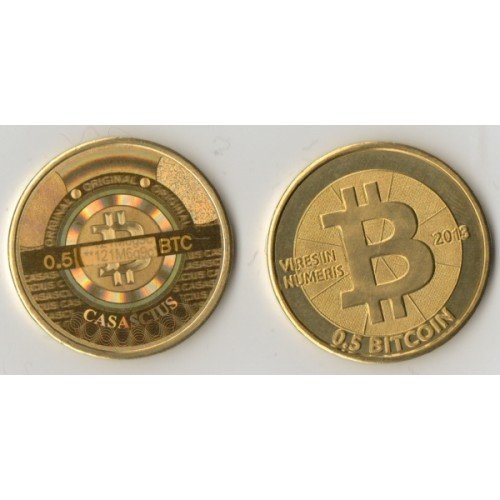
Confirmation
When a transaction is included in a block, it is said that she has a confirmation. When a block is generated after the transaction, it is said that it has two confirmations, and so on. The more confirmations, more costly and unlikely becomes reverse that transaction.
The consensus is that a transaction can be regarded as irreversible after six confirmations.
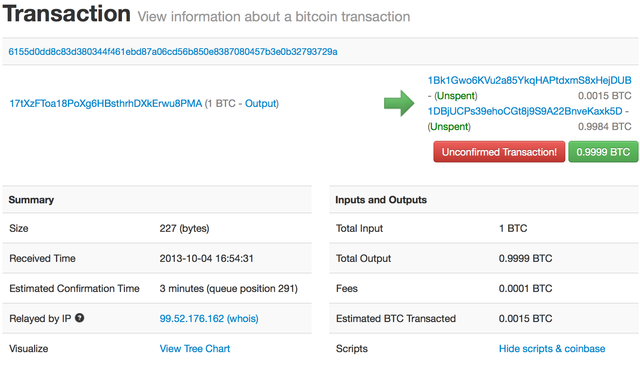
Private Key (private key)
It is a secret number that allows bitcoins are spent. Is stored in your wallet and from the private key is derived from the bitcoin address.
If you lose your private key, bitcoins transferred to the corresponding address will be lost forever. It is therefore essential - and all portfolios of applications insist on it - that you perform a backup of the private key, or seed mnemonic used to create new private keys.
Facts: the number of possible private keys is so huge that compare to the amount of them is close to the amount of atoms across the visible universe.
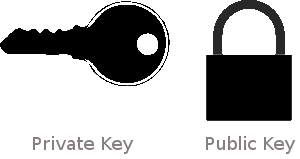
backup Mnemonic
When you create a new bitcoin wallet, it typically will ask you to perform a backup, and inform you a "mnemonic code" for you to write on paper.
Modern portfolios generate a new address for each transaction, but in fact they are creating a new private key, and from that key, derives bitcoin address. The creation of these keys is made from a "seed" and from the same seed, they have to guarantee that it will always produced the same sequence of numbers.
That way, if you lose your phone, for example, from mnemonic you restore the seed for a new cell phone and wallet can recreate exactly the same private keys generated (and their addresses) that had been generated in the old cell, restoring full access to bitcoins they had there.
Therefore very careful to keep your mnemonic. Who has access to it will be able to spend all your bitcoins. In Bitcoin, you are your bank.
Wallet (Portfolio)
A Bitcoin wallet is like your wallet, only in the digital environment. It contains the private keys that allow you to spend your bitcoins. Each card shows the total bitcoins that it has and allows you to transact directly, as well as a real portfolio.
If you want to send money from an address, you must have a corresponding private key that address.
To increase your privacy, modern portfolio bitcoin generate a new key and the address corresponding to each transaction. But do not worry, all previous addresses remain active if someone send money to them.
There are several types and formats portfolio. The most popular type are the mobile wallets, which are applications for smartphone.
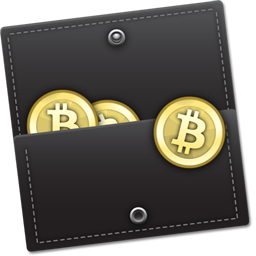
Cryptography (Encryption)
Cryptography is the study of principles and techniques to encode an information so that only the recipient is able to understand it. Encryption is used by banks and eCommerce companies to provide security in online transactions.
In Bitcoin network encryption exists to make it impossible for a person to spend the other person's portfolio funds. You can also encrypt your Bitcoin wallet for it to be accessed only with a password.

Signature (Signature)
An encrypted signature is a mathematical mechanism that allows you to prove to own a bitcoin.
When your Bitcoin software signs a deal with your private key the entire network understands that the signature matches the amount of bitcoins being spent, but there's no one to find out what your private key and take ownership of bitcoins you own.
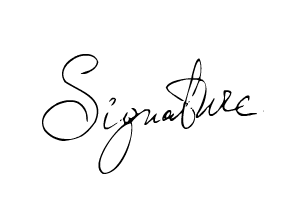
Mining (mining)
The bitcoin mining is the act of generating new bitcoins to troubleshoot encrypted by trial and error (brute force) using computers.
It is a competitive process, which acts as a race for those who find a fast solution to the problem. The Bitcoin mining regulates itself its difficulty to every 10 minutes - about - it produced a new block with the reward for the mined.
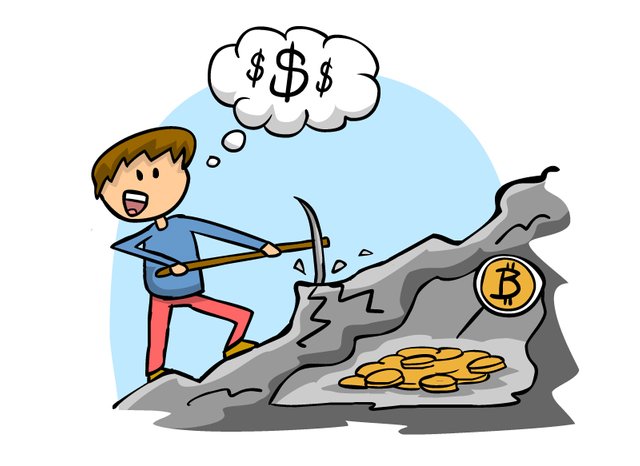
hash
It is a mathematical process that maps variable length data to fixed-length data. In bitcoin, the central utility is to map the contents of a transaction block in a number of 160 bits, which we call hash block.
An example of a hash bitcoin block: 0000000000000000029d70032f1e91540fd1ea5acc107becd757a3a8ed937d4f
An important property of hash is that the same entry (eg bitcoin block) will always produce the same output (hash) at a low computational cost, but the converse is not true. That is, from a hash and try to find a block that is the corresponding entry is difficult because it requires a process of trial and error (brute force).
Difficulty (Difficulty)
The difficulty of the bitcoin network is a measure that represents how difficult it is to find a new block compared to how easy this process could be.
It is recalculated every 2016 blocks, representing on average how difficult it would be to find the last 2016 blocks in two weeks if all of the network were mining for the same level of difficulty. On average, the value represents a block every 10 minutes mining.
hash Rate
The number of hashes that can be worked by bitcoin mining for a limited period of time - usually a second.
Double Spend (double spending)
It is a type of fraudulent transaction where a person spends the same amount of bitcoins twice in different transactions.
To convince the network that there was only an expense, this person enters a transaction hash in a blockchain block.
It is very difficult to perform a double expense, but there is the risk run by people who make transactions without confirmation.
Learn the "Bitcoinês" is a big step towards a good experience dealing with bitcoins. Stay tuned to Blog Biscoint to learn even more about Bitcoin phenomenon.
Have a question about the terms listed and want to know more? Find interesting add other Bitcoin terms? We want to know your opinion, join commenting!

I don't see decentralization here. Moving on...
-.-